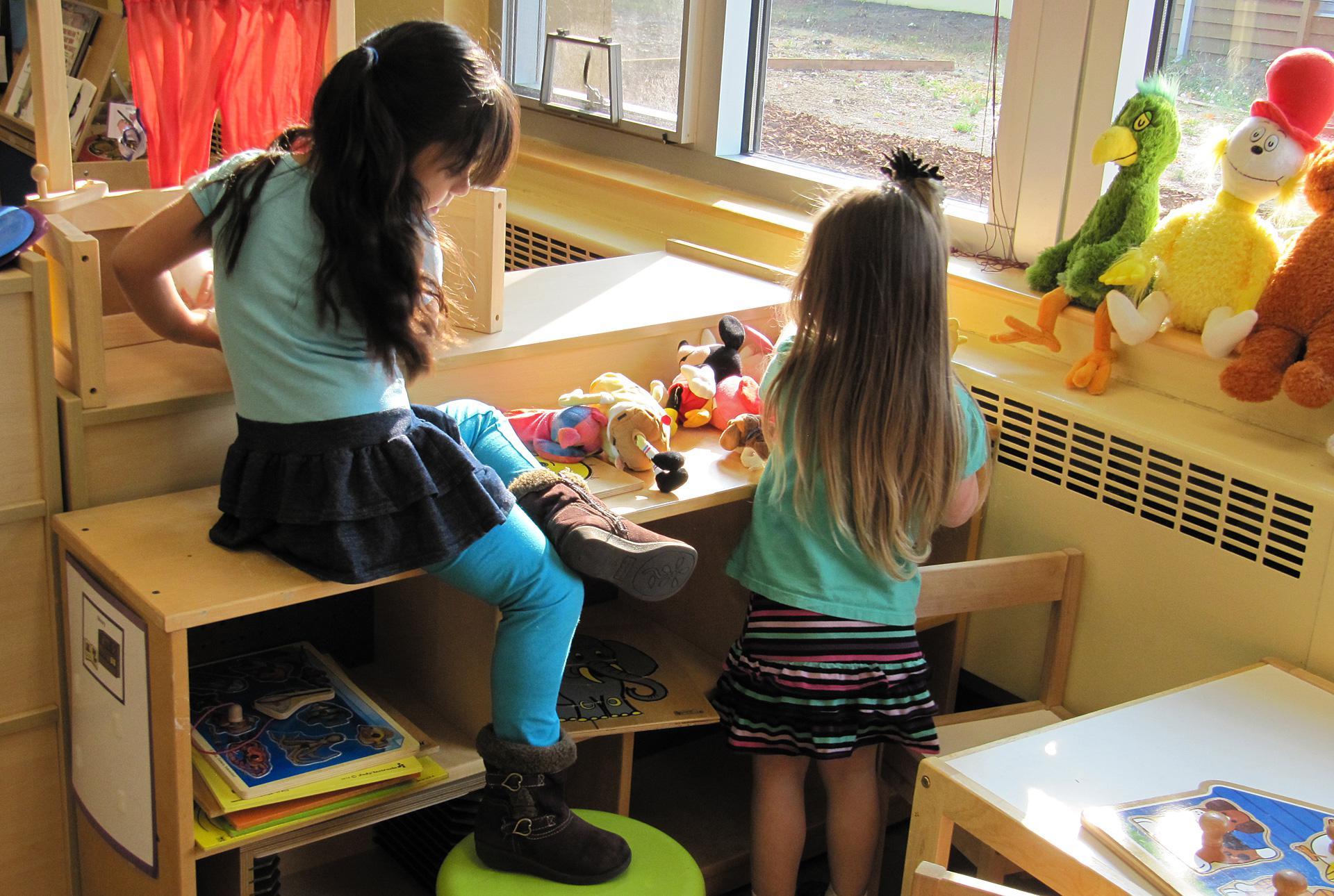Multnomah County’s Preschool for All plan is hitting a wall that no one saw coming when voters first said yes back in 2020. What started as a huge promise to families with young kids is now tangled up in politics, tax fights, and local vs state power games. People all over Oregon are watching how this plays out because what happens here could set the tone for other big public ideas funded by taxing the rich.
How Did Preschool for All Start?
A lot of families know how expensive preschool is. It’s not just a problem for low-income parents but for middle-class ones too. Multnomah’s Preschool for All came out of years of families, teachers, and local leaders saying enough is enough. They wanted every kid to have access to early learning, no matter how much their parents make.
The plan was pretty simple on paper. Tax higher earners a bit more and use that money to make preschool free for everyone. The tax wasn’t small though. If you make over $125,000 as an individual, you pay an extra 1.5%. Couples making $200,000+ pay the same rate. And those making $250,000 or more pay 3%.
When the plan rolled out in 2022, about 700 kids got spots. The idea was to scale up every year until they hit around 11,000 slots by 2030.
The New Amendment That Could Kill It
Here’s where things get messy. Right now, Oregon lawmakers are looking at a new amendment to Senate Bill 106. This change would do two big things: end the tax that funds Preschool for All and stop Multnomah from using local income taxes for any early learning in the future.
Supporters of the amendment say the tax is chasing wealthy folks away. Governor Tina Kotek has pointed to data showing an uptick in people leaving the county. But local leaders say hold on, that’s not the whole picture. More recent numbers actually show over 5,400 new people paying into the tax since it started.
If this change passes, the county would have to shut the program down over two years. Families who were counting on free preschool would have to scramble to find other options, and Multnomah would lose a big chunk of control over how it helps its youngest kids.
Why Local Leaders Are Furious
Multnomah County Chair Jessica Vega Pederson didn’t mince words when she spoke up in front of the Senate Finance and Revenue Committee. She called it a move to take away the county’s right to decide its own priorities.
One thing that really stings is how fast the amendment popped up. There wasn’t much public notice or a chance for families and teachers to weigh in. That alone has people fired up because it feels like a backdoor way to kill a voter-approved plan.
Are Rich Folks Really Leaving?
The big question is whether the tax is really driving high-income families out. It’s true some people hate new taxes, especially ones that only hit top earners. But is it enough to cause a mass exodus?
The county says no. They admit a few have left but claim the new tax filings prove the sky isn’t falling. If anything, more people are paying in than they expected.
This is where the fight over data comes in. Opponents say look at the trend lines, not just raw numbers. Supporters say don’t cherry-pick data to fit a narrative. For families just trying to get their kids into preschool, the politics is exhausting.
Slow Rollout, Real Frustrations
One thing both sides do agree on is that the rollout has had bumps. A recent audit flagged that the county didn’t spend all the money it could have. It also pointed out that more needs to be done to build facilities and train more preschool teachers.
Vega Pederson said these are growing pains, not signs of failure. She argues that big universal programs don’t happen overnight. But critics think if the program is burning cash without results, that’s proof it’s not sustainable long-term.
Is Universal Preschool Worth It?
For many parents, this comes down to a simple tradeoff. Pay a little more in taxes if you’re wealthy so every kid has a shot at a good start.
Supporters say universal preschool is about more than babysitting. It helps kids get ready for kindergarten, closes early learning gaps, and helps parents stay in the workforce. Over time, that lifts up the whole community.
Skeptics say it sounds nice but the math doesn’t work forever. If rich taxpayers bail or find ways to dodge local taxes, the money dries up. Then what?
Bigger Fight Over Local Control
Zoom out a bit and you see this is bigger than just preschool. It’s a fight about who gets to decide how tax money is used. Should the state override a county’s plan that voters wanted? Or should places like Multnomah be able to experiment, even if that means higher taxes for some?
This question is messy because Oregon has always had a strong local government vibe. People like to vote on things close to home. When the state steps in, folks feel like their voice doesn’t matter.
Parents and Teachers Caught in the Middle
Meanwhile, families who were counting on Preschool for All are worried. Some waited years for affordable preschool spots. If the state pulls the plug, they’re back to paying high fees or fighting for limited Head Start spots.
Teachers and childcare workers are anxious too. The plan was supposed to boost pay for early educators and bring more people into the field. Without it, wages could stay low and good teachers might leave for other jobs.
A Battle That’s Not Over Yet
The amendment isn’t law yet. Lawmakers, county officials, the governor, and families are all weighing in. Some are rallying to protect the tax. Others want a new plan that doesn’t rely on local income taxes.
What’s clear is that Multnomah’s Preschool for All was never just about free preschool. It’s about what kind of community people want to live in and how far they’re willing to go to pay for it. Whether the tax stays or goes, this debate will stick around for a long time.










